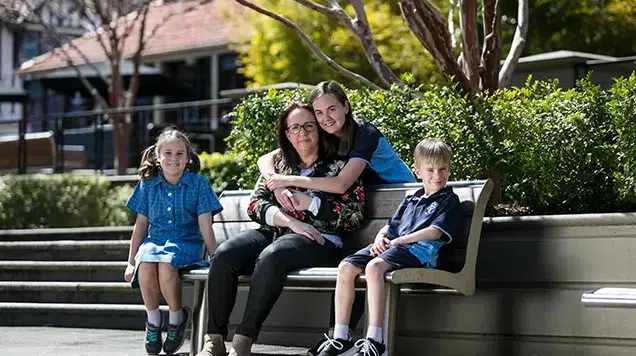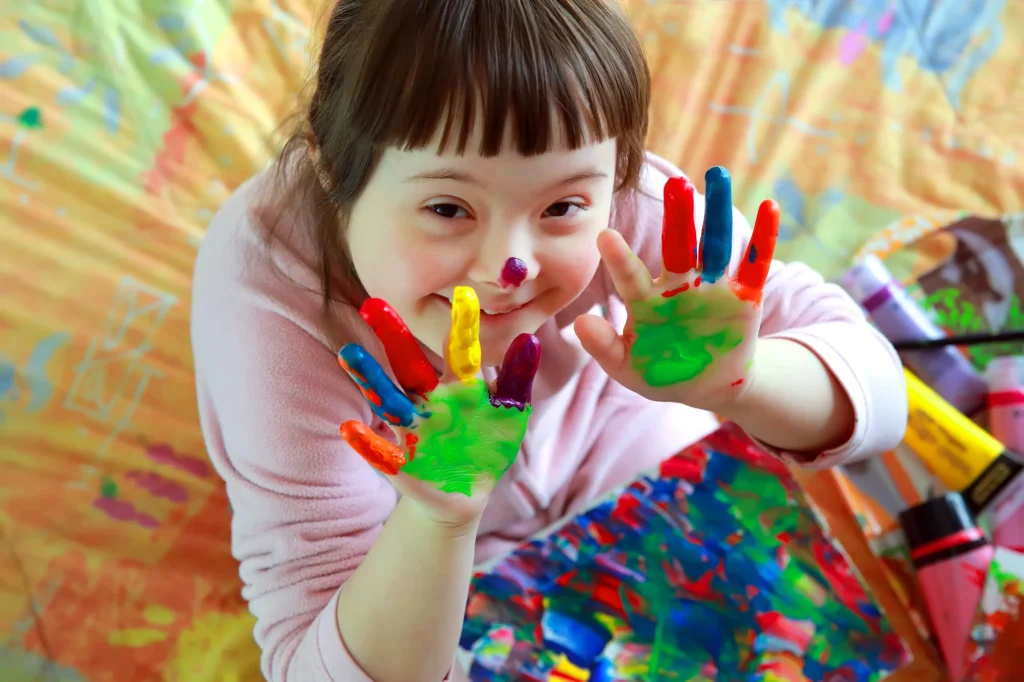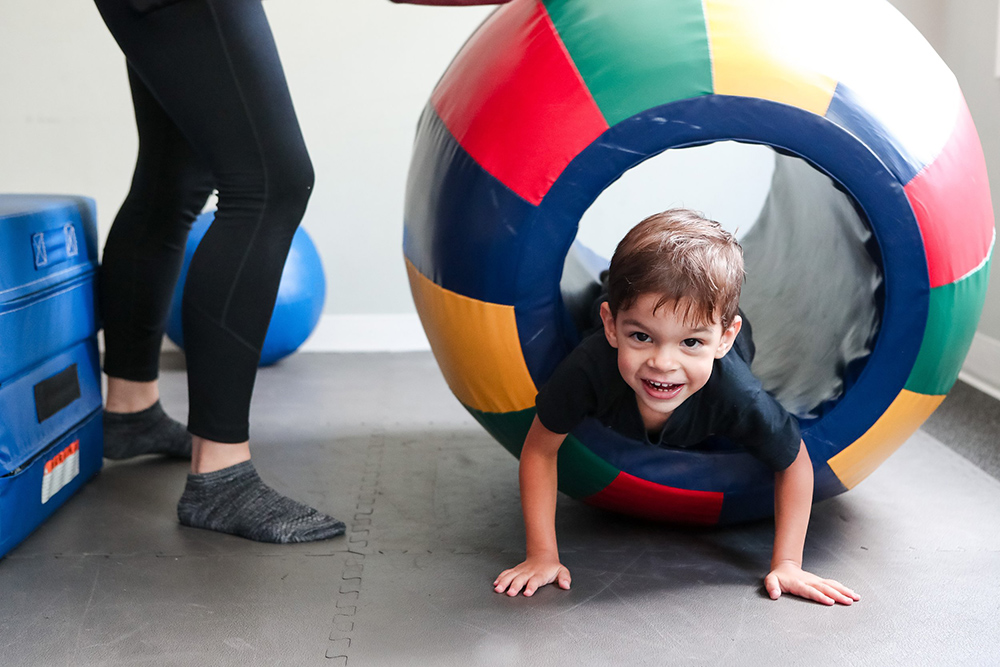Relationships that our children and young people experience across their developing lives have a direct impact on their wellbeing for the future. Those who are provided with appropriate physical, emotional and social interactions are more likely to experience better health outcomes and reach their full potential as young adults.
The way a family functions and the home environment are thought to have the greatest impact on childhood development, followed then by their learning environment.
Families with healthy relationships help children to feel loved and secure, build trust, confidence, responsibility and independence. This feeling has an impact on brain development and their developing sense of self. They develop a realistic sense of their place in the world and how to use their abilities and skills.
What do healthy families look like?
People in healthy family relationships trust and depend on each other for warmth, affection, love and support. Families tend to share common goals and work with each other to reach the, despite their differences (and sibling rivalry!).
Members of such families feel safe and connected to each other. At times these relationships involve conflict, which is normal in family life where there are more positive interactions than problematic ones. Adults who are facing tough life situations can teach children and young people about coping strategies and positive ways of handling stress.
Qualities of Healthy Families
According to the “Australians in the Family Strengths Research Project”, the main qualities of a strong family are:
Acceptance – appreciate, respect and understand every family member’s unique qualities
Affection – show care and affection regularly through thoughtfulness, kisses, hugs and words
Commitment – consider family wellbeing as the first priority and act with loyalty and commitment
Communication – listen to one another and talk with honesty and openness
Resilience – be able to endure difficulties and adjust to changing circumstances in positive ways.
Sharing activities – spend time together doing things you enjoy
Support – ask for and offer support, let family members know they will get reassurance, encouragement and help from each other when needed
Togetherness – share similar beliefs and values which create a feeling of bonding and belonging
The greatest challenges in family relationships are difficult relationship dynamics, communication breakdown and parenting issues.
Strengths within Families
Protective factors within families are linked to good outcomes for children and young people for their future, and help to protect them if they are at risk during stressful events.
Some protective factors within families:
Consistency in limits and routines – e.g, responding in similar ways to the behavior of all children.
Sound family values — shared views about how to treat others
Stable and strong family relationships – e.g, caring, consistent relationships
Supportive parenting – taking time for talking and listening to each other.
What should you do if you are facing family relationship problems?
If you are facing family relationship problems or conflicts, you may benefit from family counselling and therapy. Please feel free to contact us to discuss how Educare Specialist Services can assist, we will be happy to provide guidance and suggest ways of dealing with the issues. Or you can also visit our website, https://www.educare.net.au/ to schedule an appointment with a specialist from our team.
Reference:
https://beyou.edu.au/fact-sheets/relationships/healthy-families




